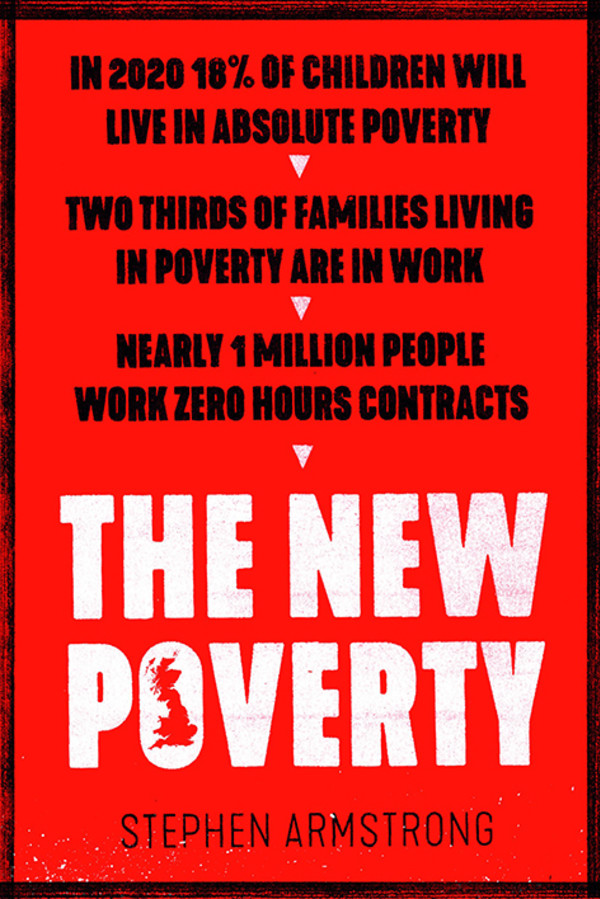

The Beveridge Report was not your standard official publication. More than 600,000 copies were sold between November 1942 and February 1944, with its recommendations forming the basis of the modern Welfare State.
The report called for an attack on what Beveridge termed the Five Giants: want, disease, ignorance, squalor and idleness.
In a new book that coincides with the Report’s 75th anniversary, Stephen Armstrong movingly chronicles the difficulties faced by many who are on low incomes today. He finds those Five Giants “fit and well”. In chapters that broadly align with each of the giants, The New Poverty offers a combination of case studies and statistics to argue that the current system offers little to tackle new forms of hardship and often makes matters worse.
Mr Armstrong’s background is in journalism, so it’s no surprise that the strongest sections of the book are those in which he sets out, sensitively and clearly, the experiences of the people he met. Their stories are often heartbreaking.
The chapter on the rise of ‘DIY dentistry’ is particularly painful to read, with cases like the unemployed father who, due to a last-minute Job Centre interview, was forced to cancel a dental appointment (for a £25 charge) or have his benefits sanctioned. Already struggling to afford nappies, he removed a bad filling at home with a dental kit from Poundland, pausing only when the pain became too much.
The book is filled with less extreme, but still concerning, examples. We meet agency workers anxiously eyeing their phones for news of whether they will have work that day, and a former intern who, after a work-limiting injury and falling out with his parents, quickly becomes homeless. A point Mr Armstrong repeats is that this could happen to anyone, especially when most families in poverty today have someone in work.
Mr Armstrong does not have a policy wish-list, but he feels we can’t “reuse Beveridge’s solutions”. For him, something of a revolution that gives more power to communities is needed. While his examples of locally led responses are inspiring, the tools of the welfare state – redistribution and high-quality public services – should not be consigned to the scrapheap just yet.
Nor should we overlook more recent achievements such as the minimum wage and falling pensioner poverty rates. As George Orwell wrote in his essay, Charles Dickens, progress is “slow and invariably disappointing”, but it does happen.
Readers of The New Poverty will have differing views on what reaction is required, but the case it makes that, for too many in the UK today, the current system isn’t enough is hard to dismiss.
Conor D’Arcy is a senior research and policy analyst at the Resolution Foundation



